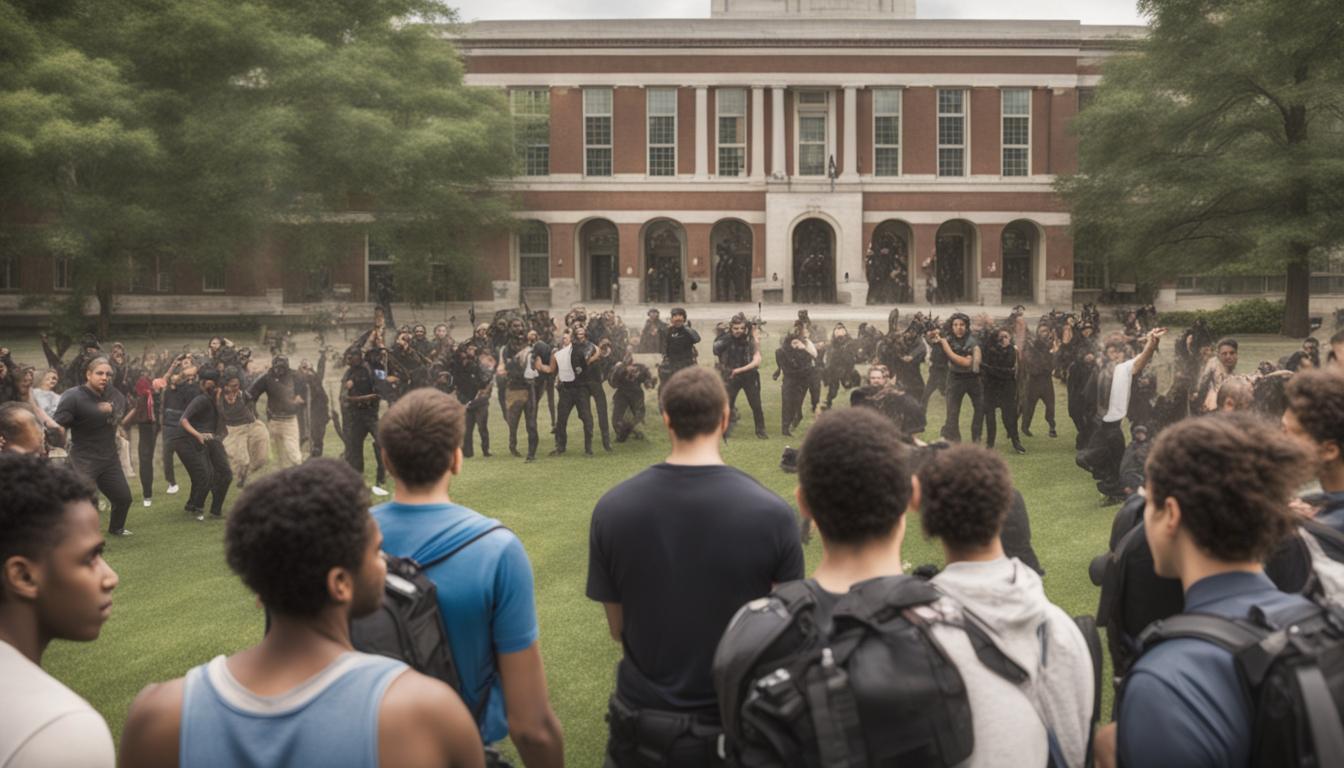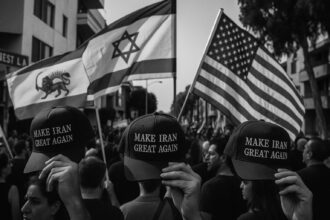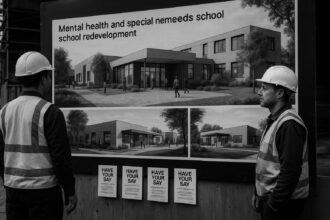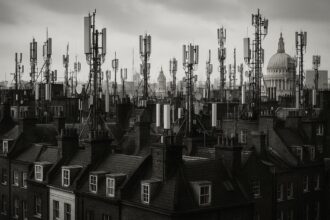Protests related to the Israel-Gaza conflict have escalated into major confrontations on college campuses across the U.S., resulting in over 2,000 arrests and prompting a response from President Biden.
College campuses across the U.S. have emerged as central stages for heated protests related to the Israel-Gaza conflict, leading to arrests and confrontations with law enforcement. Since April 18, there have been over 2,000 arrests across various universities including notable incidents at New York University, the New School, and Portland State University.
President Joe Biden has publicly condemned the violence and stressed the importance of maintaining order while respecting the right to peaceful protest. This stance comes amid ongoing national discussions about freedom of speech and the actions of law enforcement during such protests. The protests have not only involved students but also faculty members and, in some instances, external actors believed to be exacerbating tensions.
In a response related to these events but on an international scale, Turkey has ceased trade with Israel, citing a worsening humanitarian situation in Gaza. This has added a global dimension to the reactions surrounding the conflict.
Furthermore, domestic and international concerns about antisemitism and freedom of speech have been ignited. At Columbia University, for example, the use of the term “intifada” by students led to accusations of antisemitism and sparked a debate on the safety of Jewish students on campus. Meanwhile, arguments continue over the appropriateness and impact of campus-based activism concerning global political matters.
The gatherings and resultant confrontations come at a time of intense global political instability, touching upon issues of journalistic freedom, international trade policies, and longstanding geopolitical conflicts.













